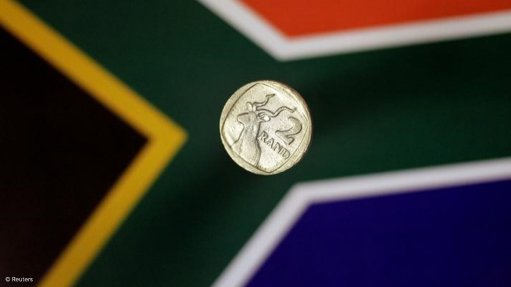
Photo by: Reuters
Think tank Free Market Foundation (FMF) CEO David Ansara has blamed South Africa’s consistent decline in economic freedom on government’s “unabated, stifling desire” for economic control.
The 2023 Economic Freedom of the World (EFW) report reveals that South Africa has dropped to 94 in economic freedom rankings, down one place from its ranking of 93 last year.
South Africa remains in the third out of four quartiles of economic freedom.
The report is published by the Fraser Institute – partner in South Africa of the FMF – in Canada each year. One-hundred and sixty-five countries were analysed. This year’s report utilises data from 2021, as there is a two-year lag in the available data.
FMF senior consultant and Cumberland University Professor of Finance and Economics Richard Grant said South Africans had, once again, lost economic freedom not only in absolute terms but relative to most other countries.
The report revealed that this is a significant drop from South Africa’s highest ranking on the index, which was attained in 2000, when it placed forty-seventh, amidst the largely business- and growth-friendly reforms of the Nelson Mandela and Thabo Mbeki administrations.
“Since then, the country has consistently declined in the rankings as government has introduced more and more misguided policies. These policies invariably seek to regiment economic activity in line with government’s ideological ambitions, rather than with the economic needs and demands of society as manifested in the market,” the FMF highlighted.
The foundation said that there was a clear causal link between human progress and prosperity and economic freedom.
It highlighted that the EFW showed that the poorest 10% of the population in countries that rank in the first quartile earn about US$14 204 yearly.
“In the fourth quartile (the least economically free states, where government interferes in economic matters as a matter of course), the poorest 10% earn a paltry US$1 736. The third quartile, which South Africa ranks in, is not much better, with the average income earned by the poorest 10% of these states being US$2 641,” the report revealed.
Ansara said that in countries that have adopted free market economies, the income earned by the poorest portion of the population is 8.18 times greater than the incomes of the poorest in countries that have opted for State-regimentation of the economy.
Countries that have benefited from following this roadmap include Singapore, Hong Kong, Switzerland, New Zealand, and the US, which constitute the top-5 jurisdictions in this year’s index.